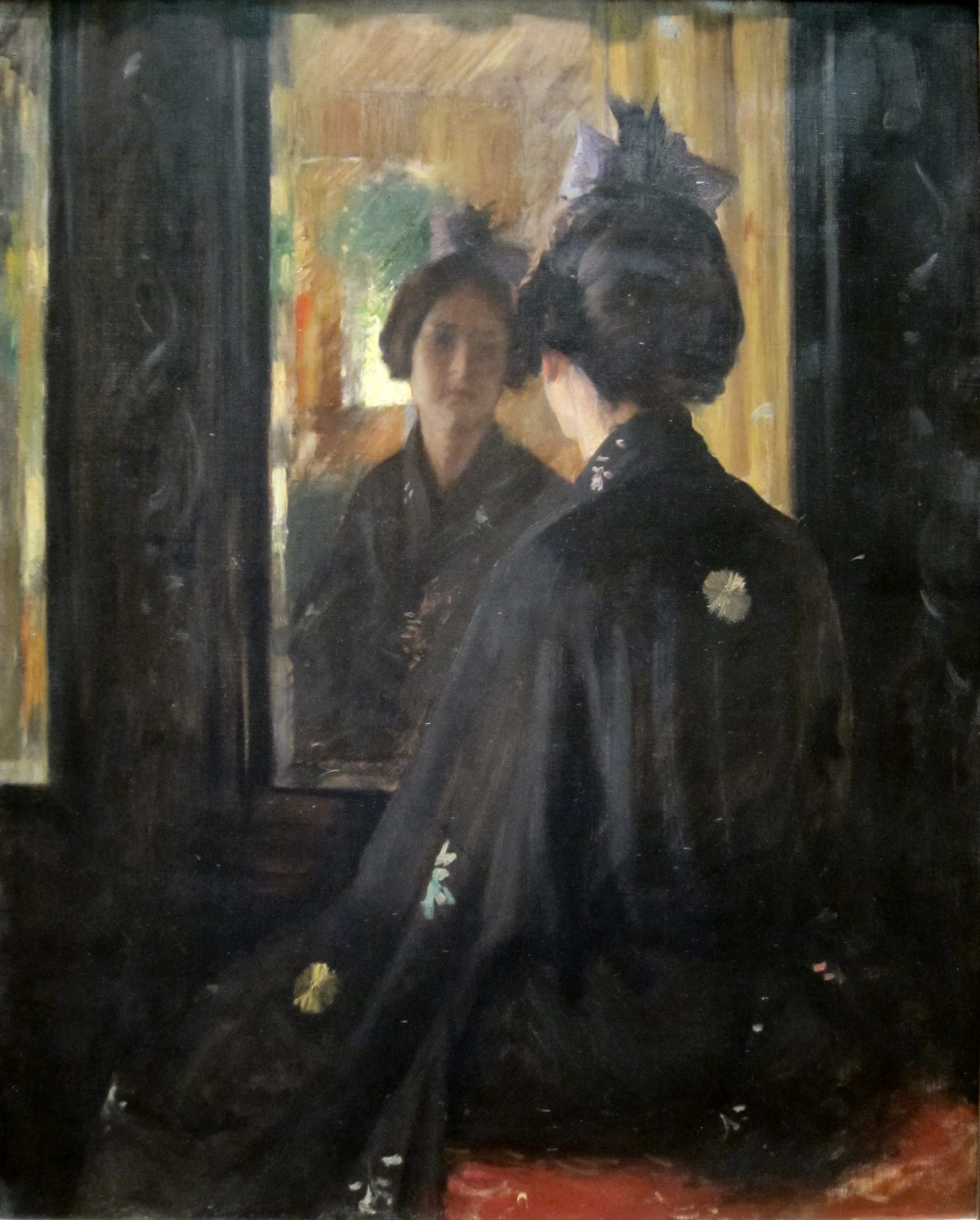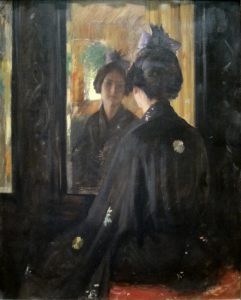Blessed are the poor in spirit, for theirs is the kingdom of heaven (Matthew 5:3).
Our culture bears the blessing and curse of the exalted individual.
The Declaration of Independence proclaims the equality and “inalienable right” of all individuals to “life, liberty, and the pursuit of happiness.” Art lionizes the hero, the protagonist or artist herself in full, free self-expression. Therapeutic culture invites us to the boundless possibilities of ourselves disclosed in dreaming, learning, and transforming self-insight. There’s never been a better time to be me.
And there’s never been a worse time to be me. For with each gain in life, liberty, and happiness, we set our standards higher. Thus, we reestablish the possibility of falling into insignificance.
Happiness becomes an oppressive standard. One must be happy to be acceptable. The more we assert our individual rights, the more we alienate ourselves from each other. We get too consumed by enhancing “me” to attend much to “us.” Expressing myself requires constant re-configuring and repainting my mask to make a perfect impression on others until I either forget my face or secretly despise it.
So we face a spiritual challenge of finding our true selves, free of these snares and beloved by God.
Twentieth century spiritual masters like Thomas Merton, Carl Jung, and Henri Nouwen focused on the spirituality of shedding the false self to liberate the true self. Richard Rohr keeps this spirituality alive with wide appeal. As the Bible wanes in influence due to ignorance of it by the learned and misuse by the dogmatic, we easily overlook biblical roots of this spirituality. Paul’s letters frequently and poetically refer to the dying of the old self for the emergence of the new.[i] He echoes Jesus who taught repeatedly that one must lose one’s life to find it.
In blessing the poor in spirit as inheritors of the kingdom of heaven, Jesus makes the point succinctly: Those who detach their identity from possessions, status, and personal power and see in the mirror a naked beggar before God begin the journey back to their true selves on the right foot. The destination remains ahead, the journey ongoing.
As Paul said, “For now we see in a mirror dimly, but then we will see face-to-face.”[ii]
Face-to-face with myself? With God? Both. Drawing from mystics before him, Merton wrote, “There is only one problem on which all my existence, my peace and my happiness depend: to discover myself in discovering God. If I find him I will find myself and if I find my true self I will find him.”[iii]
As Paul taught in the Christ hymn of Philippians 2:5-11, Christ descended from the highest station in heaven to the lowest on earth to meet us. And when we drop our exalted masks and climb down our tottering towers will we meet him there. Then we will see the beauty of ourselves in him and the beauty of him in ourselves. Then will eternity become the best time to be me, and our hearts will ascend with him to the kingdom of heaven.
[i] e.g., Romans 6:4-8
[ii] 1 Corinthians 13:12
[iii]Thomas Merton, New Seeds of Contemplation. (New York: New Directions, 1961), p.36.



0 Comments